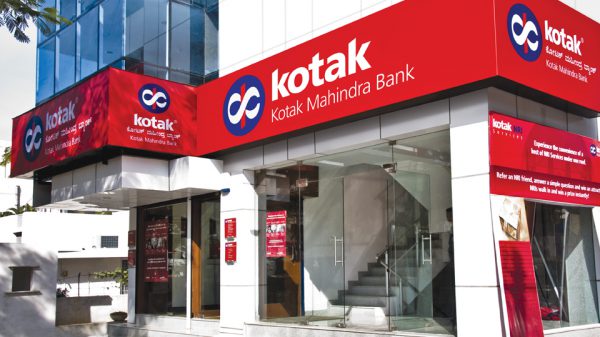How would you define “unlimited”? In response to a consultation from the Indian telecom regulator TRAI in 2010, Bharti Airtel, India’s largest telecom operator and private ISP, said that while “a strict definition of the word ‘Unlimited’ would mean ‘without any limits’, we beg to differ with the use of the word ‘Unlimited’ in tariff advertisements being termed as misleading”...”The word “Unlimited” has to also be seen from the perspective of the conditions imposed.” In 2009, ISPs in India, led by Airtel and Tata Indicom, introduced the “Fair Usage Policy”, wherein users with unlimited data plans found that their speed of Internet access was halved if they used up a certain amount of data. In order to get back to full speed, they were forced to fork out more money. At the same time, ISPs continued to advertise “unlimited” broadband plans. Airtel’s justification for this misleading advertising was one for the history books: “the limits set out by most service providers is implicitly unlimited since the capping on usage is done at a very high level.” Since the institution of the FUP, the relationship between ISPs and their customers has been typified by the first two letters of this acronym: FU. One by one, virtually every ISP systematically rolled out policies that limited Internet usage, with users previously on unlimited plans switched to these “unlimited but with limits” plans without explicit consent or permission. The argument from Airtel then was that the policy was “aimed at encouraging responsible usage among…




























